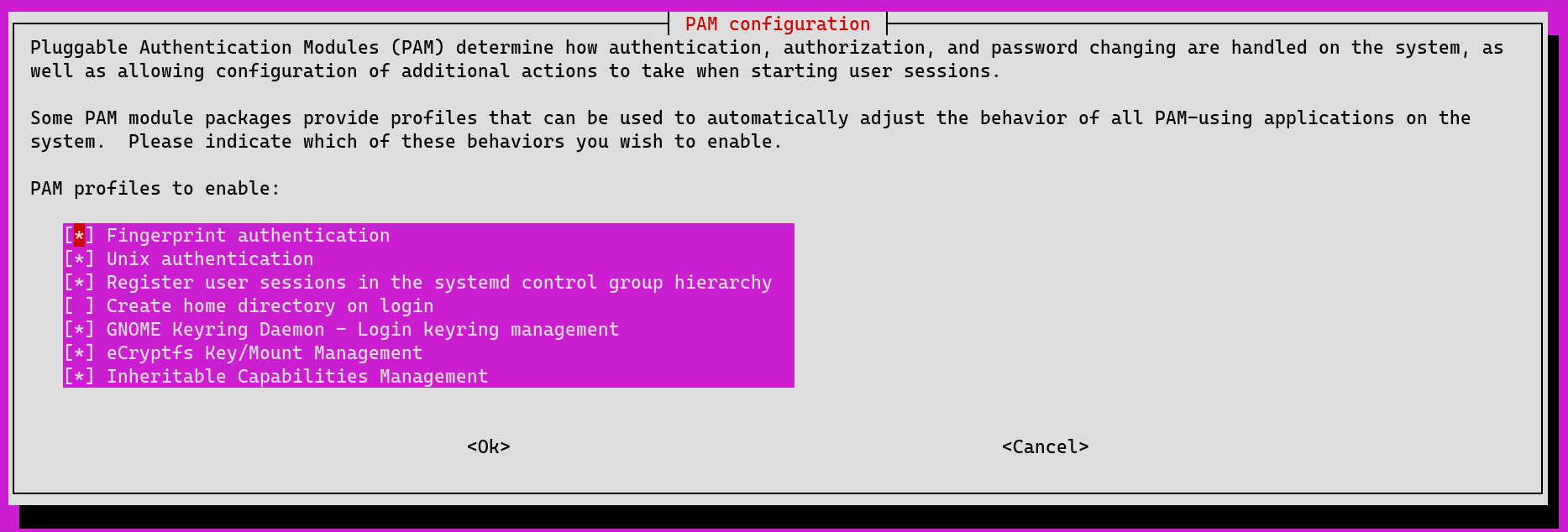Running Linux on my Thinkpad Z13
Table of Contents
This is basically just a walk-through of my install script for the Lenovo Z13 Thinkpad. I’m using pop_os!, but the commands/ideas should work for any Debian based distro.
I’ll periodically come back to update this page with any new findings specific to running Linux on my Z13.
Basics #
On pop_os, the “Firmware” app automatically had Lenovo Z13 updates ready for me to install.
Of course, doing a sudo apt update && sudo apt upgrade is always a good idea
before doing anything else with apt on a clean install.
Then you’ll want to install the Z13 package included on Lenovo’s Ubuntu image1:
sudo apt install oem-sutton.newell-abe-meta
If you want to be able to adjust the force touchpad settings (you probably do) download Lenovo’s janky-but-functional tool here.
Sleep Issues #
2023-09-17 Update:
I didn’t change anything, but I’ve noticed that wake from sleep times have substantially improved (from a noticeable couple of seconds to near instant upon opening the lid).
I experimented further by removing the modprobe line from the following sleep script and I noticed that it’s no longer needed for my Wi-Fi to be performant after sleep. I assume this came for free with some kernel/system updates, but I’m leaving the section below in case it’s still helpful on some environments.
I had the same problems that others online experienced when it came to the Wi-Fi adapter being slow after waking up from sleep.
I tried a bunch of other methods (toggling the Wi-Fi off/on upon waking from sleep, changing the power-saving settings in NetworkManager, etc.) but this is what ultimately ended up working for me:
#!/bin/sh
# save to /lib/systemd/system-sleep/
PATH=/sbin:/usr/sbin:/bin:/usr/bin
case "$1" in
#code execution BEFORE sleeping/hibernating/suspending
pre)
xinput set-prop "ELAN06A0:00 04F3:3231 Touchpad" "Device Enabled" 0
;;
#code execution AFTER resuming
post)
# Fix wifi speeds by reloading module
sudo modprobe -r ath11k_pci && sudo modprobe ath11k_pci
# Toggle touchpad to make two finger right clicks more reliable
xinput set-prop "ELAN06A0:00 04F3:3231 Touchpad" "Device Enabled" 1
;;
esac
exit 0
I got the idea from this
post
that mentioned deleting and reinserting the ath11k_pci kernel module using
systemd-suspend-modules on Arch. The above works fine for me on pop_os.
As you can see, I also found that restarting the touchpad made it a little bit more reliable when it came to palm rejection and tap-to-click (although this could be purely placebo).
Fingerprint Sensor #
sudo apt install fprintd libpam-fprintd
sudo pam-auth-update
You’ll see this screen:

You want to enable fingerprint authentication. After doing that I was able to set up my fingerprints in the settings app and use it to auth sudo and login.
The only problem I’ve noticed is that if I use my fingerprint for my first login after powering on my device, I have to type in my password anyways when I start my browser to login to my keyring.
One note: the fingerprint sensor on the Z13 is not as fast as the one you might have on your phone. You’ll want to hold your finger to the sensor a bit longer in order for it to successfully read your fingerprint consistently.
Helpful Resources #
Audio Problems #
Sometimes I found that no sound would come from my Z13’s speakers. The f1/2/3 audio buttons also wouldn’t work and the system behaved as if it had no speakers connected. This article by System76 was pretty helpful for troubleshooting. What I did to improve my issue was:
- I reinstalled/restarted pipewire per the instructions in the article above.
- I disabled hibernation/fast startup/secure boot on my Windows install and bios.
I’m not sure which solved the problem, but it’s not happening anymore so I’m happy.